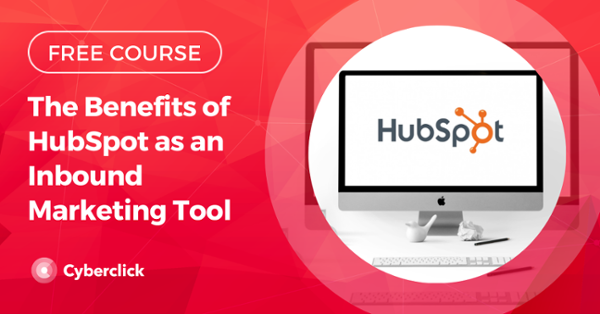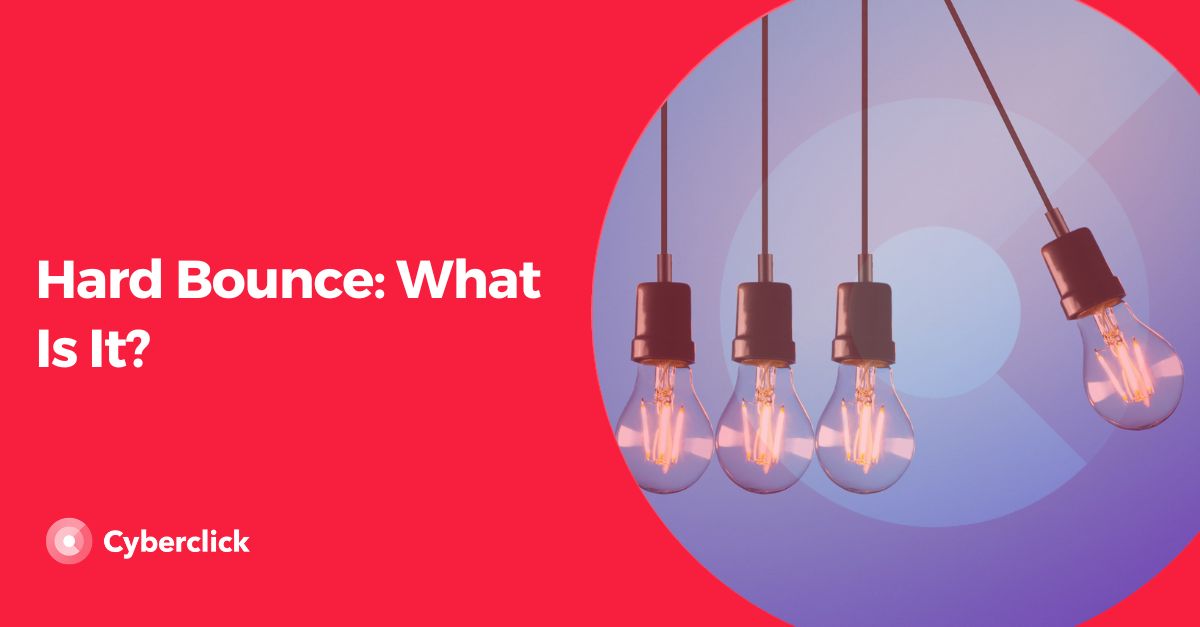CRM stands for Customer Relationship Management. It is a software tool designed to organize, manage, and automate a company’s interactions and marketing efforts with its current and potential clients. In the healthcare sector, CRM tools are used to improve patient relationships and optimize medical care processes.
Implementing a healthcare CRM requires tailoring its features to meet the specific needs of hospitals, clinics, private practices, and other healthcare providers. It can be used to manage sensitive patient information, including medical history, treatments, test results, and prescriptions. Another useful aspect of CRM tools is their ability to handle appointment scheduling and reminders. Additionally, these tools can facilitate coordination and communication among healthcare staff by providing access to up-to-date information for all medical personnel involved in a patient’s care. It's important to note that all these functionalities must comply with strict regulations and security standards by restricting data access to authorized personnel with justified medical reasons to guarantee that patient privacy is kept.

Benefits of Using a CRM for Hospitals and Healthcare Centers
Using a CRM in hospitals, clinics or doctor's offices has numerous benefits, one of which is that it allows you to manage patient contacts and data in a practical and secure way. Moreover, this information, updated constantly, can be accessed by all medical staff treating the patient, thus ensuring proper medical care.
Another advantage of using a CRM in the healthcare sector is that it allows for the best possible patient care since it is software that receives complaints, opinions, queries, or comments through a centralized approach. This makes it easier for the center to provide a response and establish a more professional and personal relationship with the patient.
Finally, a CRM can launch marketing campaigns for healthcare organizations or companies. These can be useful to provide information on new services such as vaccination or donation campaigns.
How to Choose the Best CRM for Your Healthcare Center
To select the right CRM a healthcare facility must clearly define its objectives. For example, are they looking to improve appointment scheduling or better patient data management? Once the goals are clear, the priority becomes finding a CRM that complies with all security regulations. Only authorized personnel should have access to patient information, and medical records must remain private.
Additionally, it’s important to evaluate a CRM’s ability to integrate with other medical software, review its specialized healthcare features, and understand the quality of its technical support.
Top CRM Options for the Healthcare Sector
Here are some of the top-rated CRMs available to meet healthcare needs:
HubSpot CRM
HubSpot CRM is a user-friendly software solution that centralizes patient information and streamlines appointment management. It integrates well with marketing tools and can create personalized health campaigns. While not specifically designed for healthcare, it adapts well to the sector, making it a good option.

Salesforce
Salesforce offers advanced patient data management with specific modules for healthcare, such as Health Cloud, which simplifies appointment scheduling, treatment tracking, and medical record management. It follows data protection regulations and can suit healthcare centers of any size.
Zoho CRM
Zoho CRM is an excellent choice for healthcare facilities looking to manage appointments, centralize patient information, and communicate effectively without significant financial investment. It can be integrated with messaging and marketing apps, making it ideal for sending reminders or updates to patients.
Pipedrive
Pipedrive CRM is a visually intuitive platform that helps manage and track consultations. While it’s also not specifically designed for healthcare or equipped with industry-specific extensions, it handles basic organizational needs efficiently.
Microsoft Dynamics 365
Microsoft Dynamics 365 is adaptable for clinics of all sizes. It offers healthcare-specific tools to centralize medical records, personalize treatment follow-ups, and schedule appointments. It connects with other tools and complies with high security and privacy levels.
AI-Driven Business Digital Strategy Consultant en Cyberclick. Experta en ecommerce, experiencia de usuario (UX), inbound marketing y estrategias de CRO orientadas a maximizar las conversiones. Acompaña a las empresas en la integración de la IA en su negocio y en la toma de decisiones digitales para impulsar crecimiento y eficiencia.
AI-Driven Business Digital Strategy Consultant at Cyberclick. Expert in ecommerce, user experience (UX), inbound marketing and CRO strategies focused on maximising conversions. She helps companies integrate AI into their business and make better digital decisions to drive growth and efficiency.




.png)

Leave your comment and join the conversation